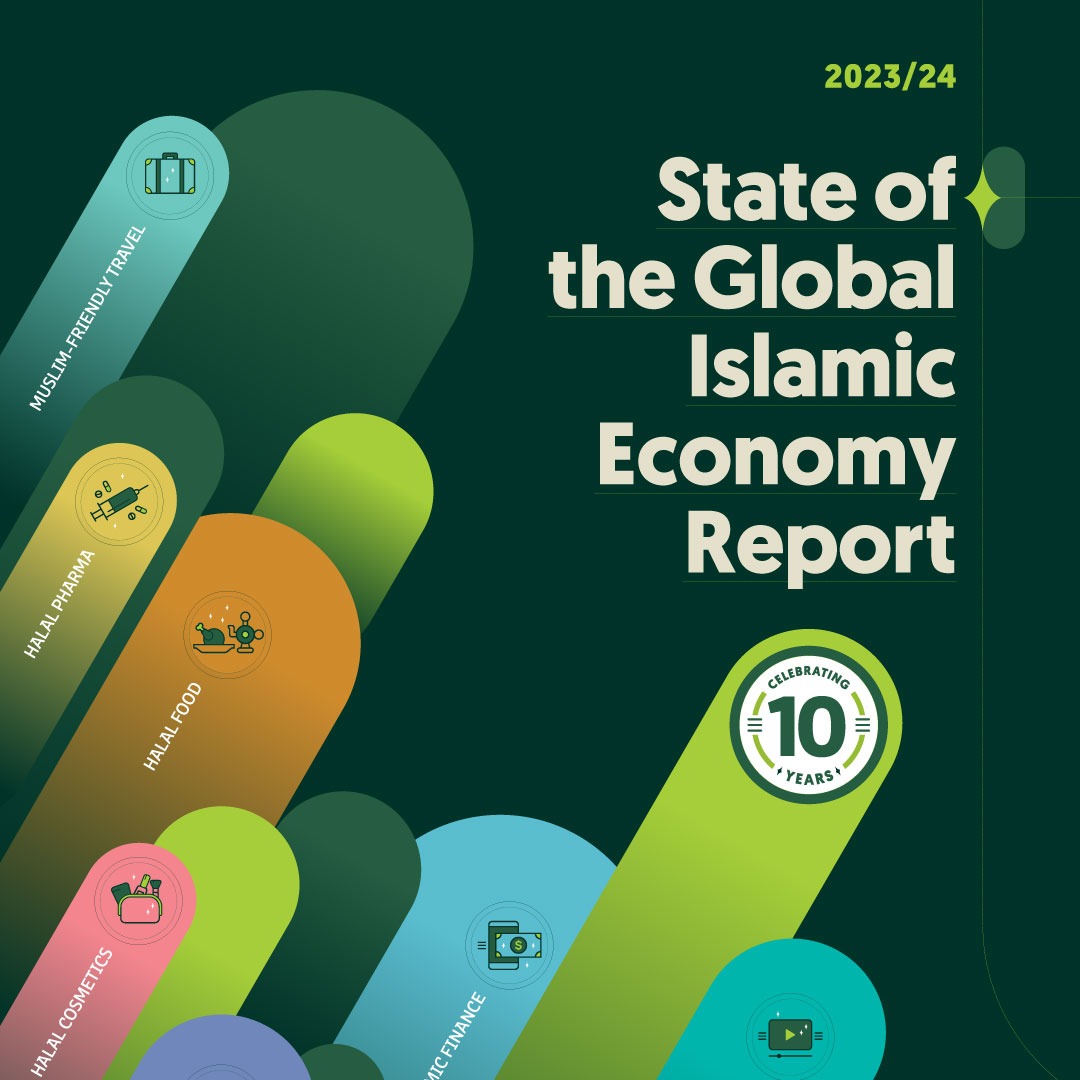 After Dubai announced its ambition to become the capital of the global Islamic economy in January last year, it was unclear how it would reach this goal. Plans are now taking shape and their assessment at this stage indicates a likelihood that the UAE’s approach could be more beneficial to the global Islamic economy as a whole and maximize the impact of the UAE as a food importer and Dubai specifically as a trade hub in a way that could lead to greater diffusion of its new halal standards across the world.
After Dubai announced its ambition to become the capital of the global Islamic economy in January last year, it was unclear how it would reach this goal. Plans are now taking shape and their assessment at this stage indicates a likelihood that the UAE’s approach could be more beneficial to the global Islamic economy as a whole and maximize the impact of the UAE as a food importer and Dubai specifically as a trade hub in a way that could lead to greater diffusion of its new halal standards across the world.
UAE’s recently introduced Halal Scheme allows organizations like the Emirates Authority for Standardisation and Metrology (ESMA) to decide whether products produced in or imported into Dubai are halal. The role for the UAE’s new Halal Scheme will be applying a UAE-developed set of halal standards that reflect its diverse population to the country’s imports of goods, including those halal goods passing through Dubai’s ports in transshipment where the destination is elsewhere in the world. The application of the halal standards to transshipped goods is important and the opportunity for Dubai is unique because of its geographical position in the center of many trade routes.
If a halal product meets the standards of the country it is being shipped from and to (or these countries don’t have national standards, or their standards differ from the UAE’s) it will still be able to reach its destination but avoiding Dubai may raise costs and provide an economic incentive for the producer to make changes so that it meets the UAE’s standards. There can also be a cascading impact on the halal logistics process around the world if there has to be proof that the product was not contaminated between its source and its stopover in the UAE.
Because of Dubai’s central geographical position, this will make the logistics providers more likely to invest in the needed infrastructure because they will want to ship through Dubai. Because consumers don’t typically understand the entire process before their food reaches their local store, the idea of halal logistics is not going to be a big seller. However, if the producers have to verify that their entire supply chain is halal, it provides the incentive for them to require that their logistics providers can demonstrate end-to-end traceability.
But there is one more level where the UAE’s Halal Scheme could have an impact on the efforts of organizations such as the intra-OIC agency the Standards and Metrology Institute for the Islamic Countries (SMIIC) and others to develop a single halal standard. As the trade in halal goods increases, and particularly as the volume that is shipped through Dubai increases, there will be more pressure on producers to only follow one set of halal standards because of the cost associated with applying two. If these costs rise high enough, they will increase the pressure on their government (or local halal standards and certification organization) to either drop their national standard in favor of the UAE’s standards, or push them to negotiate mutual recognition of halal standards with the UAE Halal Scheme. In all of these ways–developing local UAE infrastructure, requiring halal certification for transshipment through Dubai and encouraging other countries to adopt the UAE’s standards–the Halal Scheme has the potential to have a big impact on the Islamic economy.
© Islamic Finance Gateway 2014



